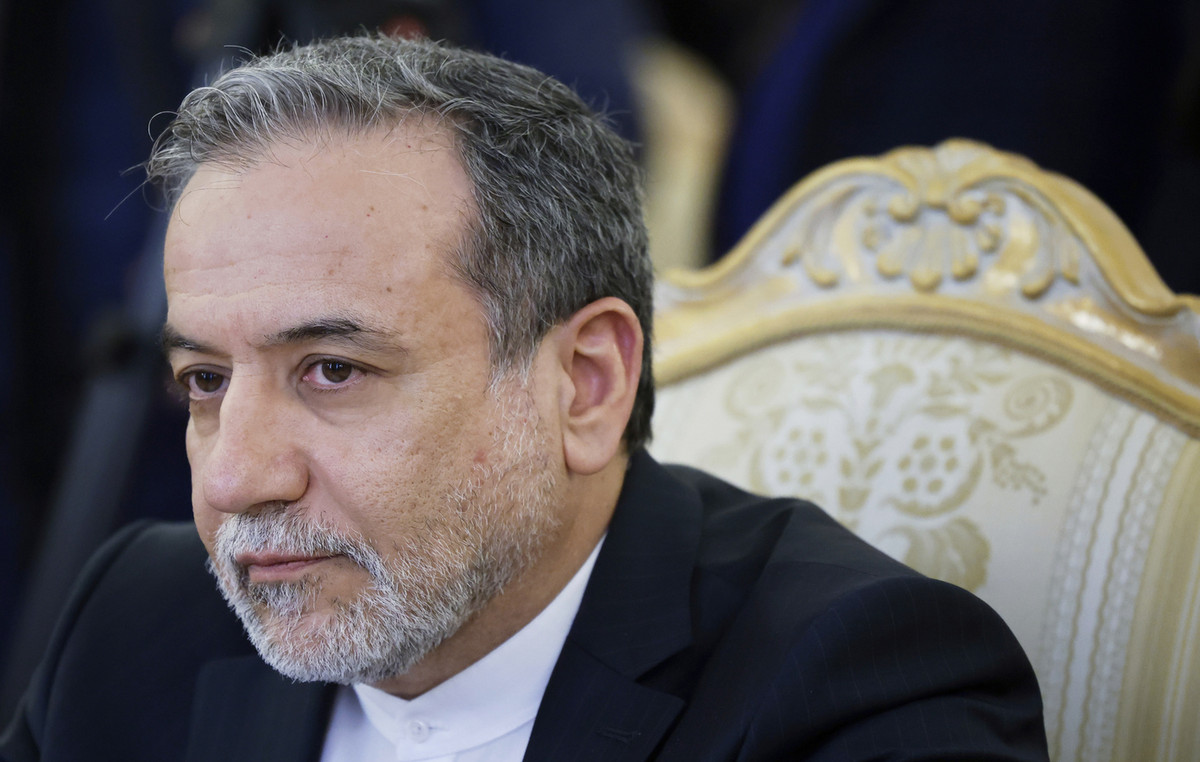Attackers use the name, logo and MFSA signature, sending fake documents by email. Mostly scammers are aimed at traders selling bitcoin and ether. Fraudsters threaten to take court measures against them if they do not pay a fine.
The department emphasized that these fake documents have no legal force, and recommended that the recipients of the letters check the identity of the senders. Evils can check whether the provider of financial services has a license through the official MFSA register.
Last year, MFSA released a similar warning when scammers once again tried to pass themselves off as officials of the department, distributing fake documents and emails.
Several years ago, the Malta financial services department excluded non -replaced tokens (NFT) from the regulation of virtual financial assets. The department took these actions in preparation for the law on the regulation of cryptocurrencies in the European Union (Mica).
Source: Bits
I am an experienced journalist, writer, and editor with a passion for finance and business news. I have been working in the journalism field for over 6 years, covering a variety of topics from finance to technology. As an author at World Stock Market, I specialize in finance business-related topics.







